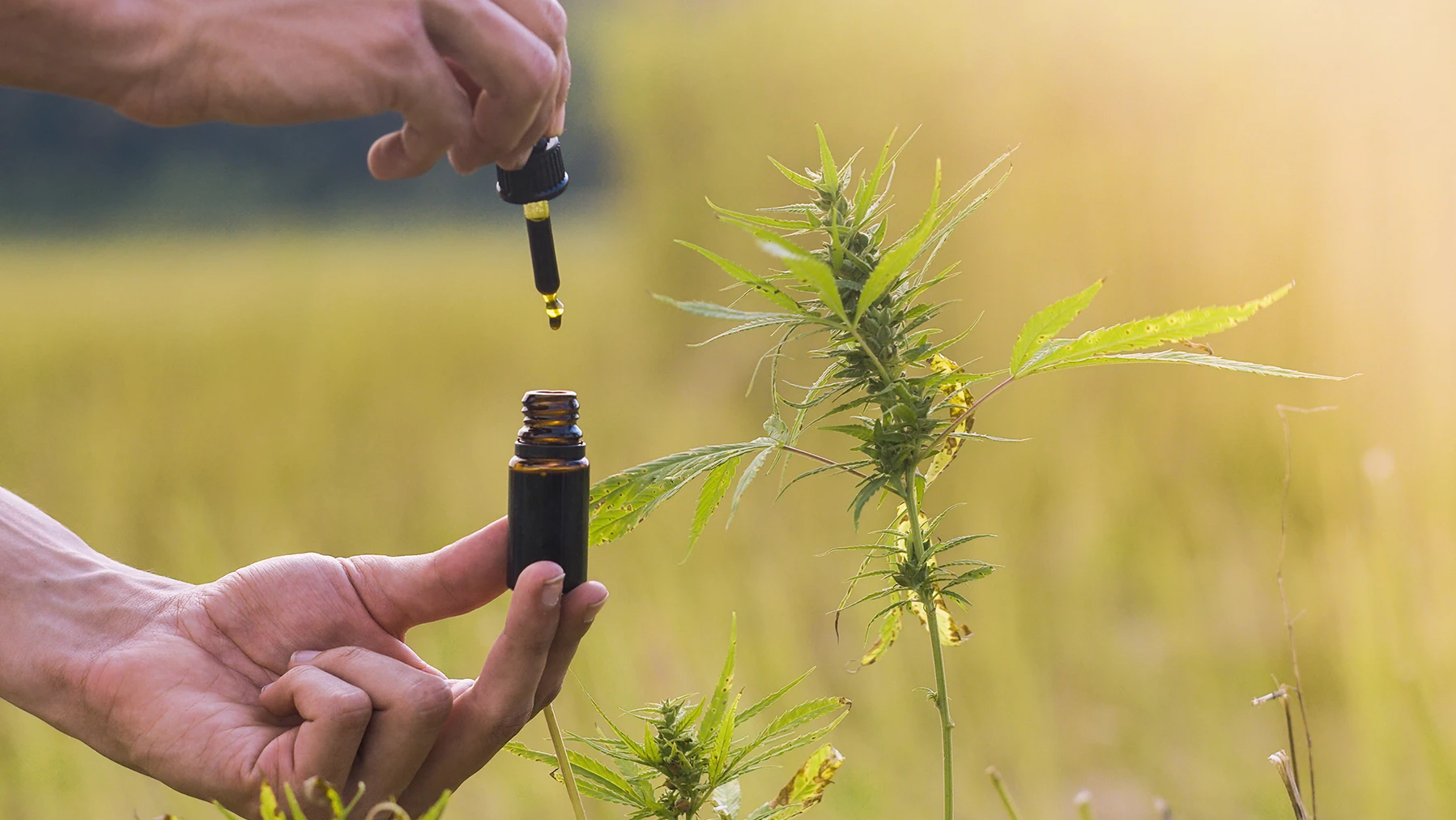Although medical cannabis has been legal in the UK since 2018, many people are still unaware about the legal framework underpinning this decision and the intricacies of this law in practice. This article will examine the origins of medicinal cannabis legislation and articulate the mechanisms which allow the prescription of medicine.

How medical cannabis was legalised in the UK
As is the case with many legal changes, a societal outlier spurred the legalisation of medicinal cannabis in 2018 after Billy Caldwell (12) and Alfie Dingley (6) used cannabis oil to relieve the symptoms of their epilepsy.
When authorities confiscated the medication, Billy Caldwell suffered with life-threatening seizures which left him in hospital in critical condition. The public outcry which followed along with advocacy from a number of organisations resulted in the government rescheduling medical cannabis to a schedule 2 substance (a substance possessing medicinal value which can be procured and supplied by pharmacists).
This change also meant that considerably more research could be funded which examined the medical efficacy of cannabis, resulting in promising findings that expanded the scope for the application of medicinal cannabis.
What the amendment changed for medical cannabis access
The amendment to the Misuse of Drugs Act (the 2018 Regulations) meant that medical cannabis could be prescribed by a doctor registered with the General Medical Council’s (GMC) Specialist Register to patients. However, before doctors can prescribe medicinal cannabis they must be satisfied that the patient has previously tried all available medications which have been proven to be ineffective.
This amendment was based on a two part review process. Part one was headed by then Chief Medical Officer Professor Dame Sally Davies who examined the data on the efficacy of medicinal cannabis. This part concluded with a recommendation that medicinal cannabis should be removed from Schedule 1 due to conclusive evidence on the benefits of medicinal cannabis for certain conditions.
Part two consisted in the Advisory Council on the Misuse of Drugs (ACMD) who also examined the properties of medicinal cannabis and reviewed whether it met the requirements of a Schedule 2 substance. This review concurred with Professor Dame Sally Davies’ assessment and recommended that suitably produced medicinal cannabis products should be moved to Schedule 2.
Attempts to expand access
This legislation was further developed with the Medical Cannabis Access Bill 2021-22 which was proposed by Labour MP Jeff Smith. This bill intended to reduce the barriers to entry for those looking for a medicinal cannabis prescription by requiring the GMC to keep a register of GPs who could prescribe medicinal cannabis.
While this bill could have reduced the financial barrier for many Brits who may not be able to afford private prescriptions, this bill did not pass the second reading and was essentially filibustered in the House of Commons. This means that prescriptions for medicinal cannabis can only be filled by private clinicians registered with the GMC, resulting in a situation where around 1.4 million Brits are using illicit cannabis for medicinal purposes.
How can Plantific help with understanding the legality of medicinal cannabis in the UK?
Our introductory course to the cannabis industry provides a comprehensive and detailed learning experience with extensive listing of the required research areas to be briefed on the past, current and future aspects of the international legal medical cannabis industry.
By the end of the course, you will have the necessary knowledge to:
- Understand the fundamental traits of cannabis and recognise the various components of the plant
- Grasp the process of cultivating cannabis and manufacturing cannabis-based products
- Differentiate between cannabinoid-rich products and non-cannabinoid rich ones like industrial hemp, as well as between the psychotropic component THC and non-psychotropic ones like CBD
- Discern how cannabis products are tested to comply with international standards
- Understand how the cannabis engages with critical systems in the human body
- Determine what the current body of scientific evidence says about the effectiveness treating medical conditions with cannabis
- Recognise the adverse effects and other risks of cannabis use
- Comprehend the current leading regulatory frameworks governing medical and recreational cannabis use, including pilot programmes
- Appreciate the historical and cultural significance of cannabis, as well as the development of policy debates and regulations surrounding its use.
- Formulate a panorama of the cannabis industry and the different sectors within it
If you are interested in learning more, explore the various courses we offer.


